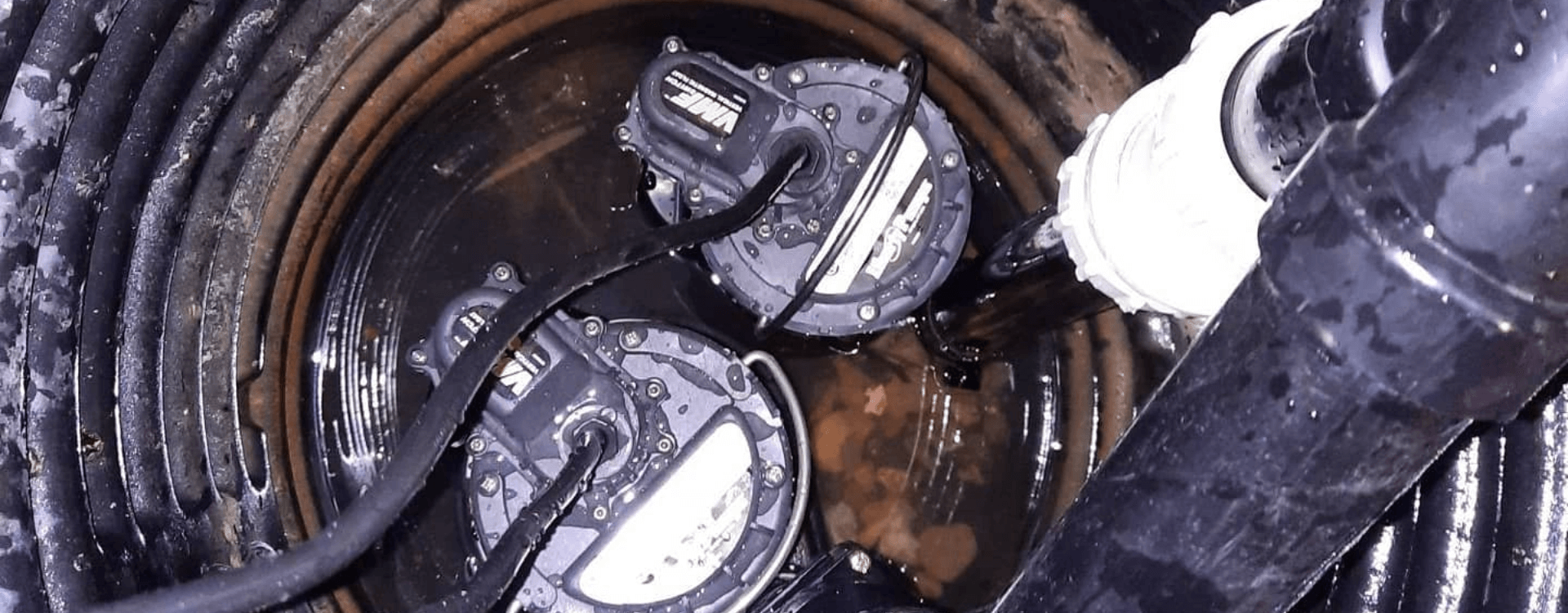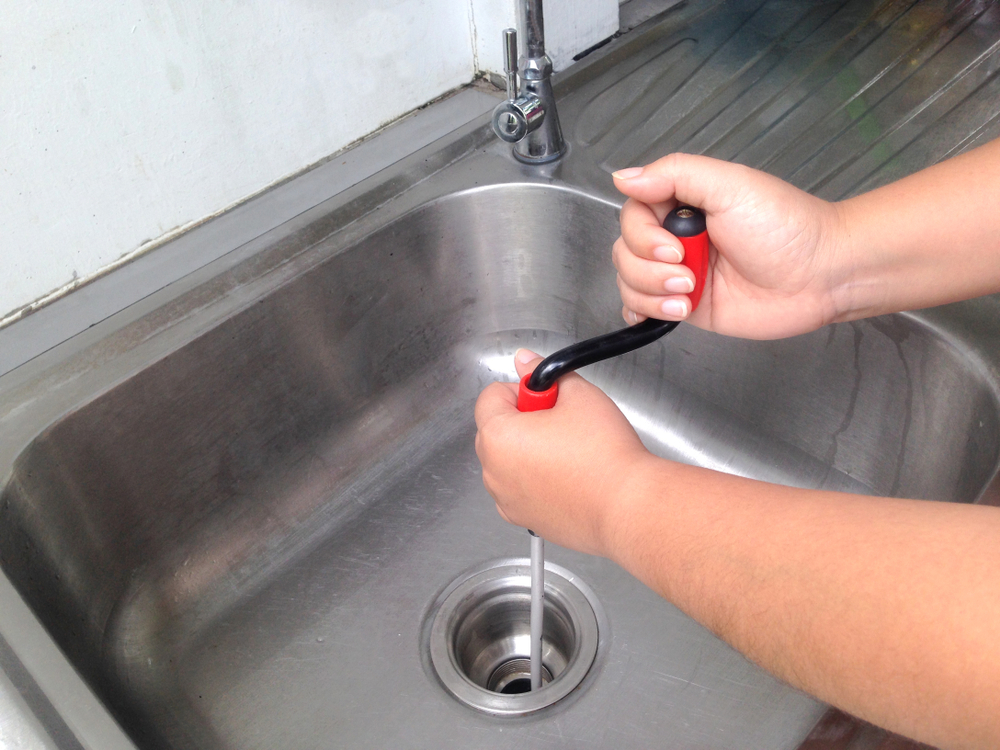Water damage is one of the biggest threats to Canadian homes. In 2019, severe weather caused extensive flooding in Canada, resulting in $1.3 billion in insured damage losses. Winter storms were a significant contributor to these losses.
As the winter chill fades away and the warmth of spring begins to take over, it’s the perfect time to give your home’s plumbing system some much-needed attention. Making sure your drains and pipes are in good shape prevents potential issues and keeps your home running smoothly. Here are some 10 tips from Cardinal Home Services, your expert plumbing services in Peterborough, to get your plumbing ready for the spring season!
1. Check for Leaks
Winter can be tough on pipes; small leaks might have developed during the colder months. Inspect all exposed pipes in your basement, under sinks, and around toilets. Look for any signs of moisture, puddles, or water stains. Even a tiny leak can lead to significant water damage if left unchecked. If you find any issues, schedule a professional plumbing service to get them fixed promptly.
2. Clear Your Drains
Over time, debris like hair, soap scum, and grease can build up in your drains, leading to clogs. Use a drain cleaner or a natural alternative like baking soda and vinegar to clear any blockages. Pour a cup of baking soda followed by a cup of vinegar down the drain, let it sit for about 15 minutes, and then flush with hot water. Regular maintenance like this can keep your drains flowing freely.
3. Inspect Your Sump Pump
Your sump pump plays a crucial role in preventing basement flooding, especially during spring when snow melts and rainfall increases. Test your sump pump by pouring a bucket of water into the pit. If it turns on and pumps the water out efficiently, it’s in good working order. If not, it may need servicing. Don’t hesitate to reach out to our plumbing contractors at Cardinal Home Services for a thorough inspection and any necessary repairs!
4. Consider Back-up Sump Pump systems
Spring and summer storms also mean power outages. If your sump pit is active with groundwater, a short power outage could mean a flooded basement. With a variety of backup sump systems available, you can find one that suits your home’s needs and protects your basement.
5. Test Outdoor Faucets and Sprinklers
Freezing temperatures can cause outdoor faucets and sprinkler systems to crack or burst. Turn on your outdoor faucets and check for any leaks or drips. Inspect your sprinkler system for any damaged or broken sprinkler heads. If you notice any issues, contact plumbing contractors to repair or replace them before you start using them regularly in the warmer months.
6. Flush Your Water Heater
Sediment can build up in your water heater over time, reducing its efficiency and lifespan. Flushing your water heater once a year can help remove this sediment. Turn off the power supply, attach a garden hose to the drain valve, and let the water drain out until it runs clear. This maintenance task can improve your water heater’s performance and extend its life.
7. Inspect Toilet Mechanisms
Check the inner workings of your toilets for any signs of wear or damage. Ensure that the flapper seals properly and that the handle operates smoothly. A running toilet can waste a significant amount of water, so addressing any issues promptly can save you money on your water bill.
8. Check for Slow Drains
If you notice that your sinks, showers, or bathtubs are draining slowly, it could be a sign of a clog forming in your pipes. Use a plunger or a plumber’s snake to try and clear the blockage. If the problem persists, it’s best to contact a professional plumbing service to avoid more severe issues down the line.
9. Examine Appliance Hoses
Inspect the hoses on your washing machine, dishwasher, and refrigerator for any signs of wear or leaks. Replace any damaged hoses to prevent potential water damage. This simple check can prevent unexpected flooding and costly repairs. It is recommended to replace your laundry hoses every 5 years to avoid the risk of a burst hose
10. Clean your Back Water Valve
Everything you flush through your plumbing system will pass through your backwater valve and will cause a buildup over time. By removing the accessible lid, you will be able to pour hot water directly on the flap to remove large gunk that may have been deposited. While wearing gloves, you can reach inside the unit to lift the flap and make sure that it is moving freely. If your sewer were to become overwhelmed during heavy rain, and functioning backwater valve can save your basement from a sewage overflow.
Bonus Tip: Contact a Professional Plumbing Contractor
While there are many tasks you can handle yourself, having a professional plumbing contractor perform a thorough inspection can provide peace of mind. They can identify and address potential problems before they become major issues, ensuring your plumbing system is in top shape for the year ahead.
Following these spring plumbing tips ensures that your home’s plumbing system is ready for the warmer months. Regular maintenance not only prevents costly repairs but also enhances the efficiency and longevity of your plumbing.
At Cardinal Home Services, our reliable plumbing contractors are here to ensure you enjoy a worry-free spring, knowing your system is in excellent condition!




